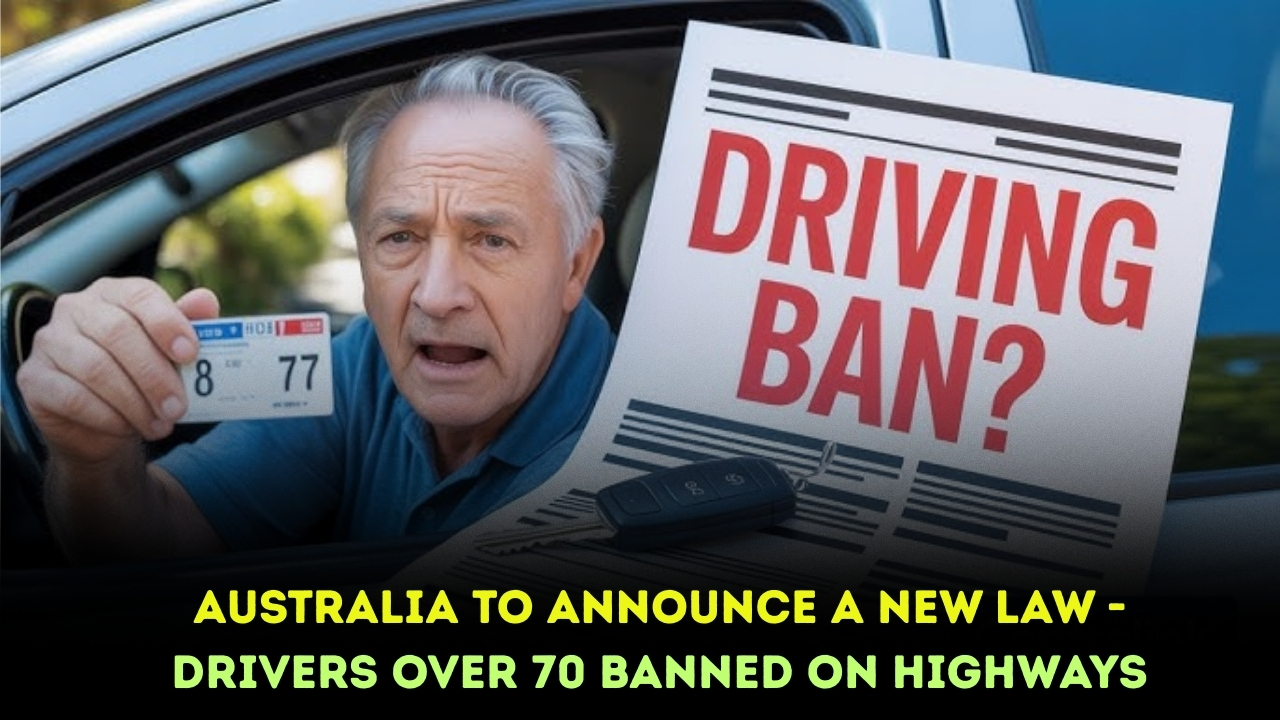The primary focus of the dispute is the potential highway driving ban for seniors that will be assessed based on a medical fitness evaluation.
Policies Implemented Due to Overaged Drivers
Concerns are evident about the increasing number of drivers over the age of 70 on the roads, predominantly due to the age-related decline in vision, reaction, and cognitive skills. Existing government policy considers the possibility of imposing restrictions for drivers over 70 in the form of a medical baseline check as a means to minimize the number of road accidents.
Introduction of Stricter Medical Policies
Proposed policies suggest a mandatory baseline age of 70 and over for drivers with a strict policy of mandatory vision and cognitive tests. Exploration of these measures will help form a clearer understanding of how medical policies will enable safe driving on major roads, as opposed to potentially needing to driving on roads with lower speeds.
Balancing Personal Freedom with Highway Safety
Public safety concerns pose a challenge in balancing mobility and independence among older drivers, particularly in relation to congested highways. For those aged over seventy, especially in rural and regional areas, driving is a necessity because of limited access to public transport. Those in charge of transport services promise to hold consultations with elder communities to ensure that new safety guidelines are not discriminatory to responsible elder drivers.
Public Reactions and Demands for Further Explanation
The anticipated ban on driving on highways has already sparked conversations across the nation. Some advocacy groups for seniors are concerned about age discrimination. They argue that one’s health and age individually should not be a determinant to one’s driving fitness. On the other hand, experts in road safety emphasize that strict safety measures reinforce a safe environment for every road user.
What’s Next?
Consultations with safety experts and associated parties will be considered before a formal announcement is made. Until then, seniors and their families are encouraged to actively participate in discussions about the new guidelines, be proactive in framing the new medical and driving assessments, and remain hopeful for the proposed road safety measures.



